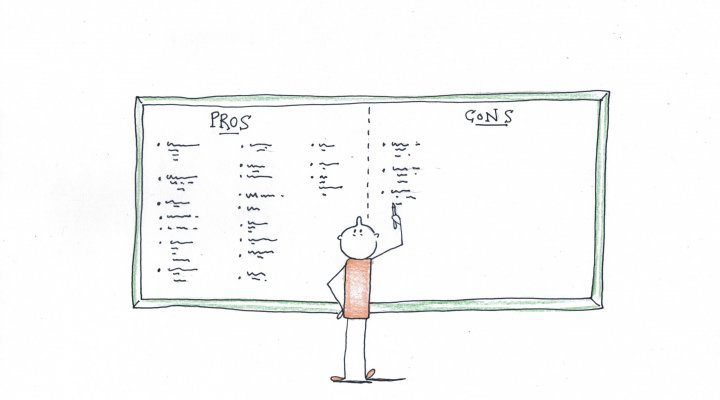
What's the difference between a copywriter and a copyeditor?
Category: Copywriting | Date: | Author: Sarah Fielding
Copywriters and copyeditors. Do you know the difference? Do you know which one you need? It’s a common point of confusion, so I thought I’d shed a little light on the subject.
Both work on your text (copy) for you, but put very simply, a copywriter creates the words from scratch, and a copyeditor takes your words and polishes them up.
Let’s look at the different roles in a bit more detail.
What do copywriters do?
Copywriters create words for a myriad of communication materials such as websites, brochures, articles, books, newsletters, adverts etc. You get the picture. They will take a brief direct from the client and then identify and define the messages that the client wants/needs to promote to their target audience. Before they put words on the page, they will usually conduct their own research into the subject and the audience. They will then produce compelling copy in an appropriate style and tone of voice.
Because the majority of copy is created for marketing purposes, a copywriter should have a strong marketing background. Having an English degree and being able to string a sentence together is not enough. A copywriter will understand all the nuances of marketing and the way that audiences access, read and digest different forms of communications.
As a client, your role is to understand your target market and the product/service you are promoting in order to fully brief the writer. You will also have to review and feedback on draft copy. It is then usually your responsibility to liaise with your chosen graphic or website designer to put the words into the required, finished format.
What do copyeditors do?
Copyeditors take copy that is already written, check it for errors and suggest ways to improve it. Their role is to find and fix typos, as well as spelling and grammatical errors, and inconsistencies in the text. They will also point out where there are gaps or discrepancies that the client can address in their next draft.
Your role as a client is to produce the copy to the best of your ability and incorporate changes and amends as suggested by the editor in future drafts.
When to use a copywriter
Use a copywriter if/when…
- Budget allows. Having said that, it may take more time for a copyeditor to polish a ‘proverbial’ than to write it from scratch, so if writing isn’t your strong point, then you’re probably best letting a copywriter loose on it from the start.
- Writing is like marmite, so if you’re a hater, then don’t put yourself through the pain. It will leave more than a horrible after taste in your mouth.
- You are time poor. Writing takes time and patience, and a very quiet room. So if you are deficient in any of these, then hire a copywriter.
- You are not confident you understand how to get your message across clearly, concisely, powerfully and persuasively.
You can also read my blog 'Five reasons why you should use a professional copywriter'.
When to use a copyeditor
- You enjoy writing and you are good at it – to the extent that you are confident that you can get your message across clearly, concisely, powerfully and persuasively.
- You are confident that what you have produced just needs polishing and an expert eye to get it up to a publishable standard.
- You are on a tight budget.
- You have plenty of time to devote to the process.
- It would be harder to explain the subject matter to a third person, than to write about it yourself.
Decisions, decisions. If you are still unsure which service you require, then pick up the phone and talk me through your project. Together we can mastermind a plan for producing the perfect copy.
